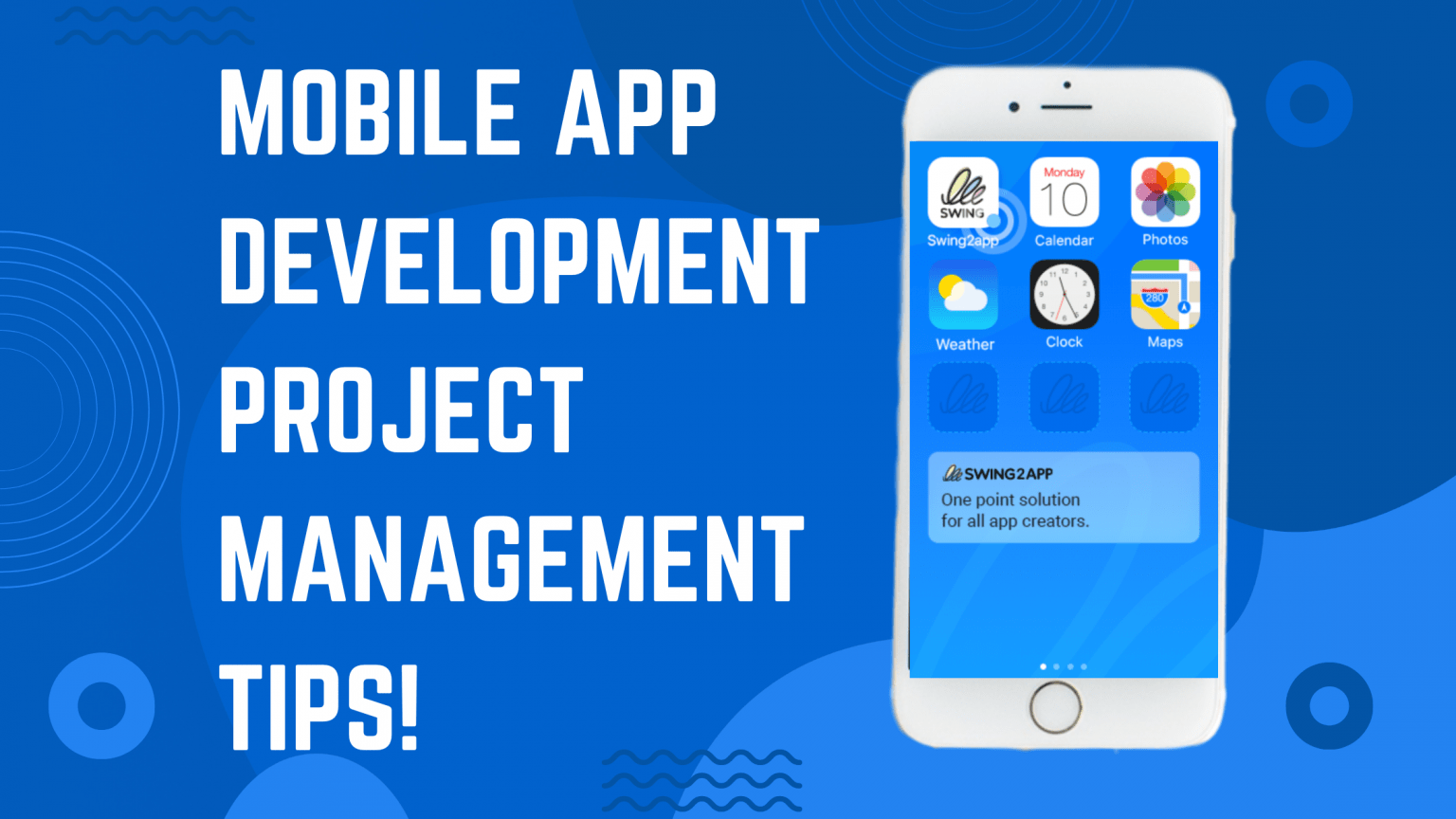No products in the cart.
Learn the best practices for planning, executing, and delivering your mobile app project on time and budget.

Managing a mobile app development project effectively is key to delivering a quality product that meets your business goals. Whether you’re a startup, SME, or enterprise in Laos, applying sound project management practices in 2025 helps ensure your app is completed on time, within budget, and with high user satisfaction.
This article provides a comprehensive guide on successfully managing your mobile app development project from conception to launch.
Start by establishing clear project objectives aligned with your business strategy. Define the scope in detail, including features, platforms, and expected outcomes. This reduces risks of scope creep and miscommunication.
Develop a detailed roadmap with milestones, deadlines, and deliverables. Plan iterations if using Agile methodologies to allow flexibility and continuous feedback. Incorporate buffer time for testing and unforeseen challenges.
Ensure your project team includes not only developers but also UX/UI designers, testers, and project managers. Clarify roles and responsibilities upfront to avoid overlaps or gaps.
Establish regular communication channels and reporting structures. Use collaboration tools like Slack, Jira, or Trello to keep everyone updated and engaged, especially if working with remote or hybrid teams.
Continuously test the app with real users through prototypes and beta releases. Incorporate user feedback to refine the interface, navigation, and features, ensuring a user-friendly final product.
Conduct multiple testing stages including functional, performance, security, and usability testing. In 2025, automating tests using AI testing tools is becoming a best practice, especially for repetitive and regression tests.
Track project expenses and resource use carefully against your plan. Early identification of budget overruns or delays allows timely corrective actions.
Prepare a launch plan covering app store submissions, marketing support, and user onboarding. Allocate resources for post-launch maintenance, updates, and rapid bug fixes to keep the app reliable and secure.
Use analytics tools integrated into the app to monitor user behavior, engagement, and technical performance. Data-driven insights drive continuous improvement and can inform future updates.
Localize project management practices to account for Lao culture and business norms.
Stay compliant with Lao data protection and ICT regulations throughout development.
Foster strong partnerships with local tech firms for smoother collaboration.
Invest in training your internal team on Agile and modern development frameworks.
Successful mobile app project management requires clear planning, effective communication, thorough testing, and post-launch support. By applying these principles, businesses in Laos can increase their chances of creating high-quality, user-centric apps ready for the competitive 2025 market.
CITS Laos provides expert project management and development support tailored for mobile app projects in Laos. Visit cits.la for resources and consultancy to ensure your next app project succeeds.